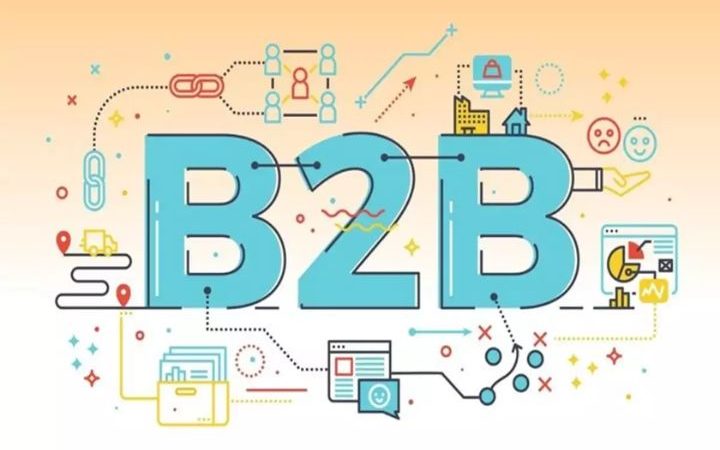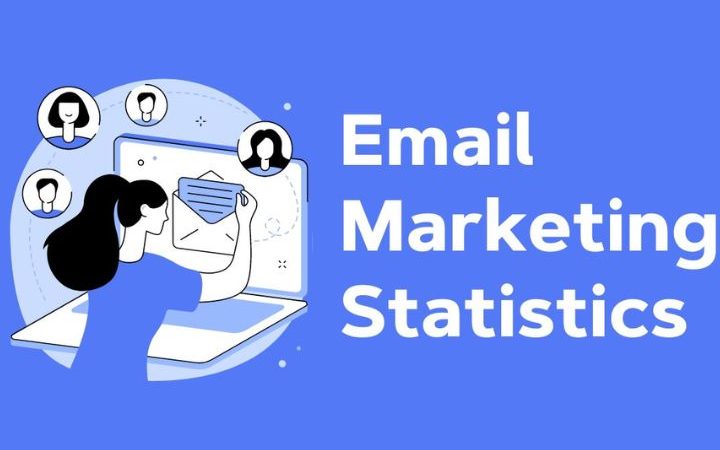Google Bard vs ChatGPT vs Copilot: Pick the Best AI Tool
In the rapidly evolving landscape of artificial intelligence (AI), choosing the right tool can be challenging. Google Bard, OpenAI’s ChatGPT, and Microsoft’s Copilot are three of the most prominent players in the AI space. Each serves a unique purpose, offering varying capabilities for personal, professional, and creative tasks. Whether you’re looking for content generation, programming assistance, or task automation, understanding the strengths and weaknesses of these AI models is crucial.
This guide provides an in-depth comparison of Google Bard, ChatGPT, and Copilot. We’ll cover their features, use cases, pricing, and performance to help you decide which AI tool best meets your needs.
Overview of AI Chatbots
Before diving into the comparison, let’s briefly outline what each tool does:
- Google Bard: A conversational AI model developed by Google, Bard specializes in information retrieval and question-answering. It is powered by Google’s Language Model for Dialogue Applications (LaMDA).
- ChatGPT: Developed by OpenAI, ChatGPT excels in generating conversational text, creative writing, and problem-solving across various domains. It’s based on the GPT architecture.
- Microsoft Copilot: Integrated into the Microsoft ecosystem, Copilot focuses on enhancing productivity by automating tasks and assisting with programming, documentation, and content creation. It leverages GPT-4 and other AI technologies.
Key Features Comparison
Google Bard
- Strengths:
- Superior at providing concise, fact-based answers.
- Seamless integration with Google Search and other Google Workspace tools.
- Offers real-time updates and accurate responses based on the latest information.
- Limitations:
- Lacks the creativity seen in ChatGPT.
- Primarily designed for informational tasks, limiting its versatility.
ChatGPT
- Strengths:
- Excels in creative tasks like storytelling, blogging, and brainstorming.
- Highly customizable and available in multiple versions (free, ChatGPT Plus, and enterprise-level solutions).
- Supports plugins and integrations for extended functionality.
- Limitations:
- Can occasionally produce outdated or factually incorrect information.
- Free version is limited in performance compared to premium plans.
Microsoft Copilot
- Strengths:
- Designed for professional and enterprise use, especially in Microsoft Office applications like Word, Excel, and Teams.
- Exceptional at automating repetitive tasks and providing programming assistance.
- Deep integration with Microsoft 365 enhances team collaboration and productivity.
- Limitations:
- Limited accessibility outside the Microsoft ecosystem.
- Requires a Microsoft 365 subscription, which can be expensive.
Performance and Accuracy
Google Bard
Google Bard excels in delivering accurate and factual answers to user queries. Its real-time integration with Google Search ensures up-to-date information, making it ideal for research-oriented tasks. Check here to how to Use Google Bard AI Chatbot.
ChatGPT
ChatGPT’s conversational style and adaptability make it a favorite for creative professionals. However, its reliance on pre-trained data can occasionally lead to inaccuracies in time-sensitive queries.
Microsoft Copilot
Copilot’s performance is optimized for enterprise environments. Its ability to automate workflows, generate insights from data, and assist with coding makes it a productivity powerhouse.
Use Cases
Google Bard
- Research and fact-checking.
- Answering complex questions with precision.
- Educational support for students and professionals.
ChatGPT
- Content creation (blogs, social media posts, marketing campaigns).
- Brainstorming ideas for projects or businesses.
- Personal use, such as writing emails or planning events.
Microsoft Copilot
- Automating tasks in Word, Excel, and PowerPoint.
- Coding assistance for software developers.
- Streamlining team communication via Microsoft Teams.
Pricing Comparison
- Google Bard: Currently free to use, with potential premium plans in the future.
- ChatGPT: Offers a free version and a ChatGPT Plus plan ($20/month) with enhanced features and performance.
- Microsoft Copilot: Included with Microsoft 365 subscriptions, starting at $12.50 per user per month.
Strengths and Weaknesses at a Glance
| Feature | Google Bard | ChatGPT | Microsoft Copilot |
|---|---|---|---|
| Creativity | Moderate | High | Moderate |
| Factual Accuracy | High | Moderate | High |
| Integration | Google ecosystem | Third-party apps | Microsoft 365 |
| Ease of Use | Simple | Intuitive | Professional |
| Cost | Free (currently) | $0-$20/month | $12.50+/month |
Choosing the Right AI Tool
When deciding between Google Bard, ChatGPT, and Copilot, consider your specific needs:
- For Researchers and Educators: Google Bard’s focus on accurate, real-time information makes it the ideal choice.
- For Creatives and Writers: ChatGPT’s versatility in generating high-quality, engaging content gives it an edge.
- For Businesses and Developers: Microsoft Copilot’s productivity features and seamless integration with Microsoft 365 make it invaluable for professional use.
SEO Insights for Choosing AI Tools
If you’re a content creator, leveraging these tools effectively can boost your SEO strategy. For instance:
- Google Bard can help with quick research and fact-checking.
- ChatGPT can generate optimized meta descriptions, headlines, and blog content.
- Microsoft Copilot can automate repetitive tasks like data analysis for SEO reporting.
Conclusion
Google Bard, ChatGPT, and Microsoft Copilot each bring unique strengths to the table. Whether you need an AI for research, creativity, or productivity, there is a tool perfectly suited for your requirements. By understanding their capabilities and limitations, you can make an informed decision and maximize the benefits of AI technology.
Use this comprehensive guide as your starting point to explore these tools and unlock the full potential of artificial intelligence in your personal and professional life.






